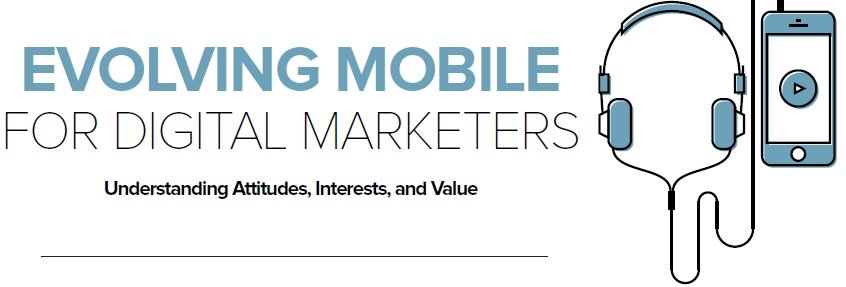Energy Future: smart cities and smart meters
Energy Future: smart cities and smart meters
Opinium recently attended a workshop with electricity industry representatives arranged by Esri UK, the geolocation software provider. Opinium presented a white paper investigating the key business issues of network providers. Our findings as well as subsequent presentations by industry representatives were followed by a lively debate around they key business issues the industry is currently facing.
The roundtable was attended by Scottish Power, UK Power Networks, Electricity North West Limited, Northern Powergrid Limited and SSE.
The buzz words at the debate were low carbon, smart city and …data.
Opinium?s white paper presenting the findings of a study amongst Electricity Distribution Network Operators (DNOs) uncovered that half of the issues these companies have are in the area of data ? gathering, cleaning, integrating and processing on a daily basis. Distribution network providers are really mostly concerned with accuracy, timeliness, quality and quantity of data.
?Smart cities? are the key solution
The lively discussion around the table identified that climate change, technological developments and the background trend of diminishing fossil resources are triggers for change in the industry. The idea of a ?smart city? was seen as the key solution to these problems, as a better understanding of household energy demand will allow DNOs to better manage energy flows.
But a better understanding of domestic and commercial energy usage brings with it a problem that many network providers are not yet set up to deal with: the sheer quantity of data.
One network provider highlighted that there are two players needed to build a smart city: network providers and city councils. While the network providers need to step up in regards to data management and improve internal processes, city councils need to keep their customers informed of the potential while keeping in touch with those who have investment capabilities.
To get smart cities up and running, the industry expert pointed towards government support for those kind of networks and structures which enable the dialogue between utilities, science, academia and the councils.
Huge amounts of data to improve internal processes, such as energy usage at household/ building level already exist, however this information is kept confidential within the Department of Energy and Climate Change.
Smart meters will lead to a revolution
This building level data will be replicated once smart meters have been installed in each British household. Smart meters present a revolution on our doorstep and their launch has inevitably led to anxious anticipation amongst network providers who, in most cases, neither have the IT structure nor the budget allocated for handling that data.
Furthermore this amount of new data brings security issues with it. For example, by analysing ?energy usage data per building? you can work out which houses are occupied at what time of the day, week, month or year. And that is only one of many aspects to be considered.
An industry in need of a new emphasis on customers and service
Many participants at the roundtable reported the problem being that network providers do not consider themselves ?service providers? and instead tend to treat the provision of energy as a product not as a service. Other participants stressed that both technology (smart metering and social media) and regulation (Ofgem and the growing consumer rights movement) will lead to a new emphasis on ?customers and service? which doesn?t exist in the industry to the extent it does in other industries.
The lack of a customer centric business strategy was repeatedly lamented, but one participant responded by pointing out that ? while he sees the point ? energy providers are not like John Lewis or Amazon and will never be. He went on to say that energy providers are not free to operate as those companies are, because they are the ?illegitimate child of the public sector?.
The chart below reveals the effect that being ?the illegitimate child of the public sector? has on the industry – the lowest consumer satisfaction of all industries according to the Institute of Customer Service?s 2013 annual report:

Considering this poor rating as well as the remarks by participants of the roundtable, it becomes clear that with the introduction of smart meters as a ?live? communications tool connecting the provider with its customers, the electrical network industry faces a 360 degree turnaround towards a customer-centric business.




